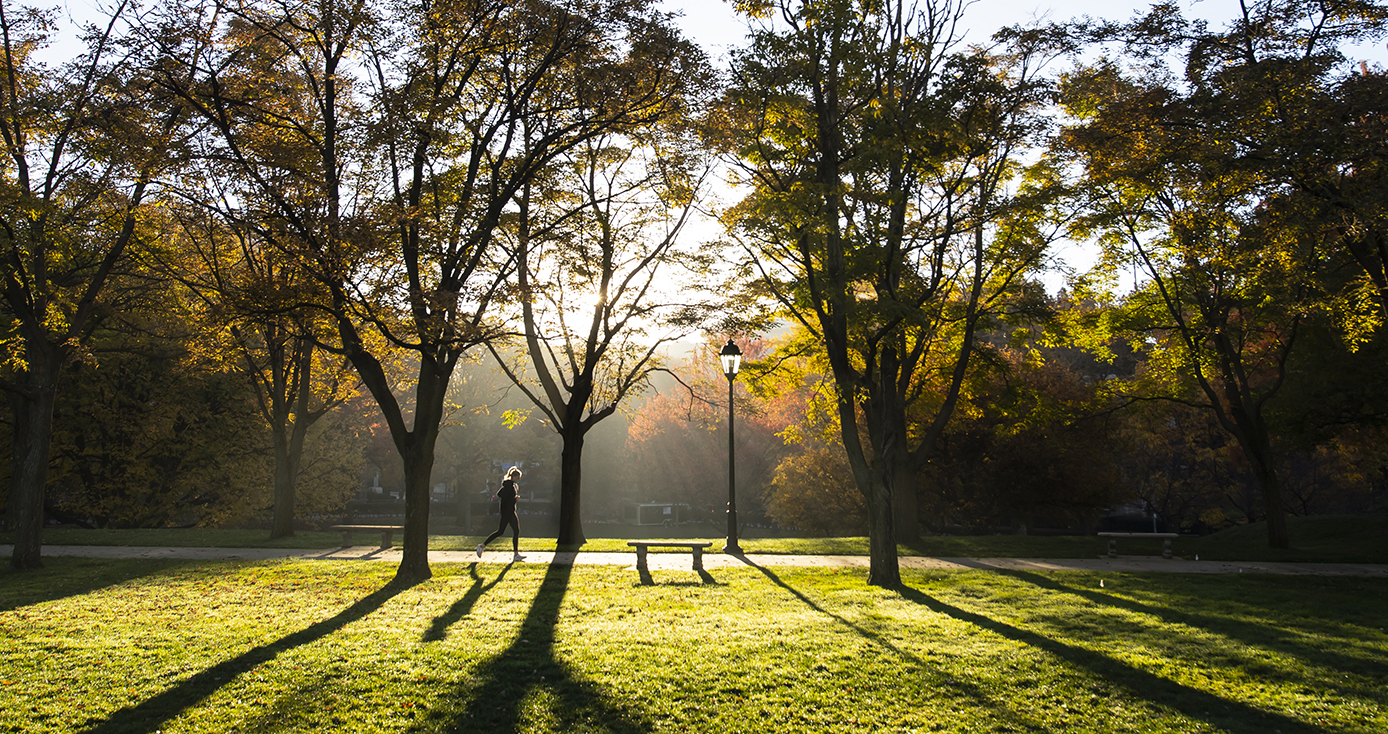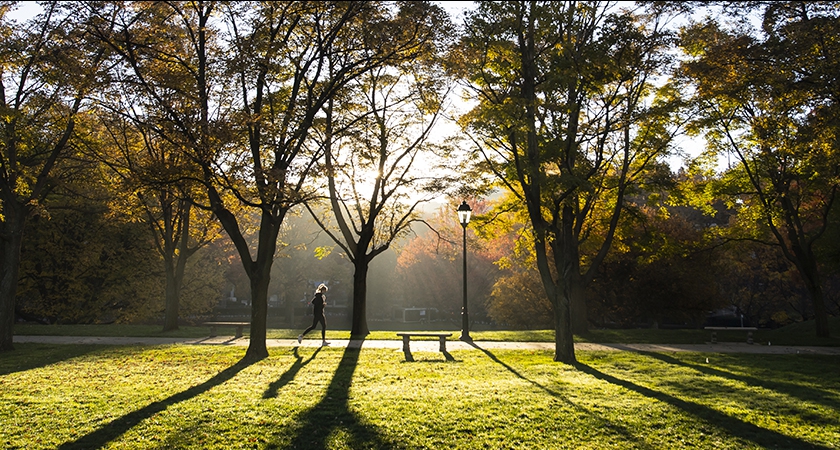 The U.S. spends more than $200 billion every year in efforts to treat and manage mental health, according to the most recent data from Mental Health America. The onset of the COVID-19 pandemic has only deepened the chasm for those experiencing symptoms of depression or anxiety. This breach has also widened, affecting more people.
The U.S. spends more than $200 billion every year in efforts to treat and manage mental health, according to the most recent data from Mental Health America. The onset of the COVID-19 pandemic has only deepened the chasm for those experiencing symptoms of depression or anxiety. This breach has also widened, affecting more people.
New research from the University of Pittsburgh, Carnegie Mellon University and University of California, San Diego, found that 61% of surveyed university students were at risk of clinical depression, a value twice the rate prior to the pandemic. This rise in depression came alongside dramatic shifts in lifestyle habits.
“Our findings indicate the pandemic has led to a dramatic increase in the rate of anxiety and depression among young adults, especially among college students. It’s disheartening to see, since it’s been well-documented, even before the pandemic, that university-age young adults are reported as experiencing more mental health issues than previous generations,” said Osea Giuntella, assistant professor of economics at Pitt and research co-author.
The study documents dramatic changes in physical activity, sleep and time use at the onset of the COVID-19 pandemic. Disruptions to physical activity emerged as a leading risk factor for depression during the pandemic. Those who maintained their exercise habits were at significantly lower risk than those who experienced the large declines in physical activity brought on by the pandemic. While physical activity resumed in early summer, mental well-being did not automatically rebound.
_InsidePerson.jpg) Giuntella and his colleagues, Silvia Saccardo and Kelly Hyde, a PhD student from Carnegie Mellon, and Sally Sadoff from UC San Diego, examined data gathered from 682 college students who used a smartphone app and a Fitbit wearable tracker for spring 2019, fall 2019 and spring 2020. Their results show large disruptions in physical activity, sleep and computer/phone screen time and social interaction, alongside large declines in well-being. This dataset spans the onset of social isolation during the early months of the pandemic, offering an insight into the factors that exacerbated mental health disorders in this age group.
Giuntella and his colleagues, Silvia Saccardo and Kelly Hyde, a PhD student from Carnegie Mellon, and Sally Sadoff from UC San Diego, examined data gathered from 682 college students who used a smartphone app and a Fitbit wearable tracker for spring 2019, fall 2019 and spring 2020. Their results show large disruptions in physical activity, sleep and computer/phone screen time and social interaction, alongside large declines in well-being. This dataset spans the onset of social isolation during the early months of the pandemic, offering an insight into the factors that exacerbated mental health disorders in this age group.
“We used this unique dataset to study what factors are predictive of changes in depression,” said Saccardo. “In the dataset, we can see that mental health gets worse as the semester progresses, but it is dramatically worse in 2020 compared to the previous cohort.”
The team found that participants who maintained healthy habits prior to the pandemic—scheduled physical activity and an active social life—were at a higher risk for depression as the pandemic continued and their habits lapsed. The researchers point to a decline in physical activity as the leading risk factor for diminished mental health. However, restoration of physical activity was not met with a rebound in mental well-being.
“What we found is that unfortunately, using incentives to ‘restore’ physical activity was not enough to restore student mental health,” said Giuntella. “This leaves us with an interesting puzzle. Disruptions to physical activity and mental health are strongly associated, but restoring physical activity is not meaningfully linked to restoring mental health. Calls for more research on other factors may help us protect and restore students' mental health, such as fostering social connectedness and resilience.”
Giuntella said that as the COVID-19 vaccines roll out, presenting a potential return to normalcy, people’s mental wellness will improve.
“The physical and mental well-being of students, along with populations of all ages, should be considered hand in hand during this pandemic,” said Giuntella. “However, more studies may be required to understand this trend.”
The results of the study are available online in the February issue of the Proceedings of the National Academy of Sciences. The project received funds from the Abdul Latif Jameel Poverty Action Lab.

